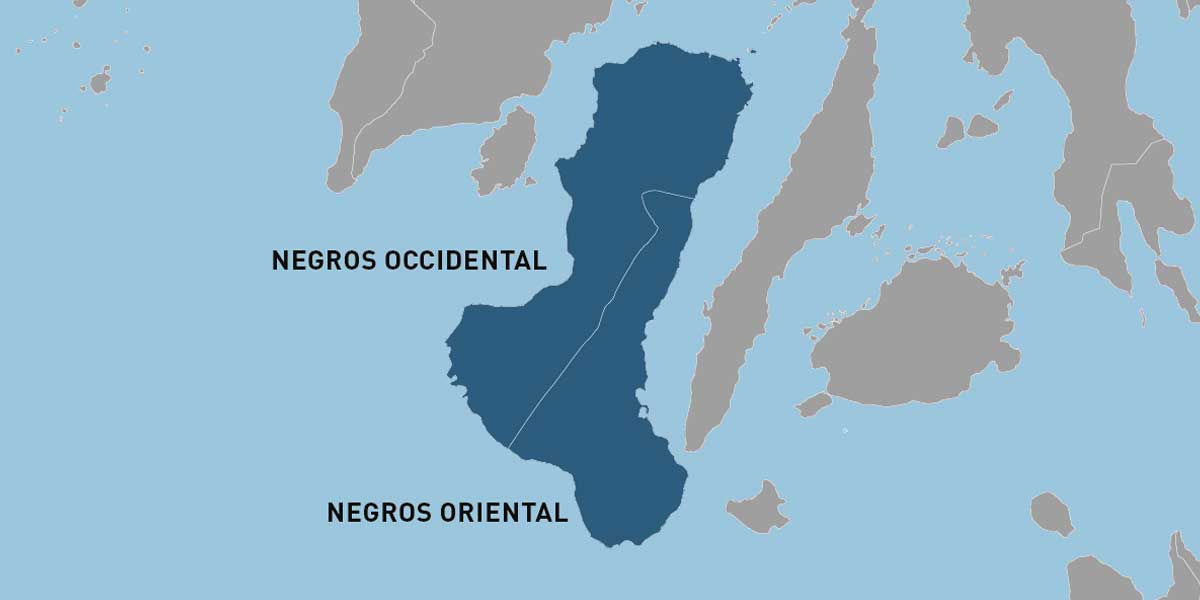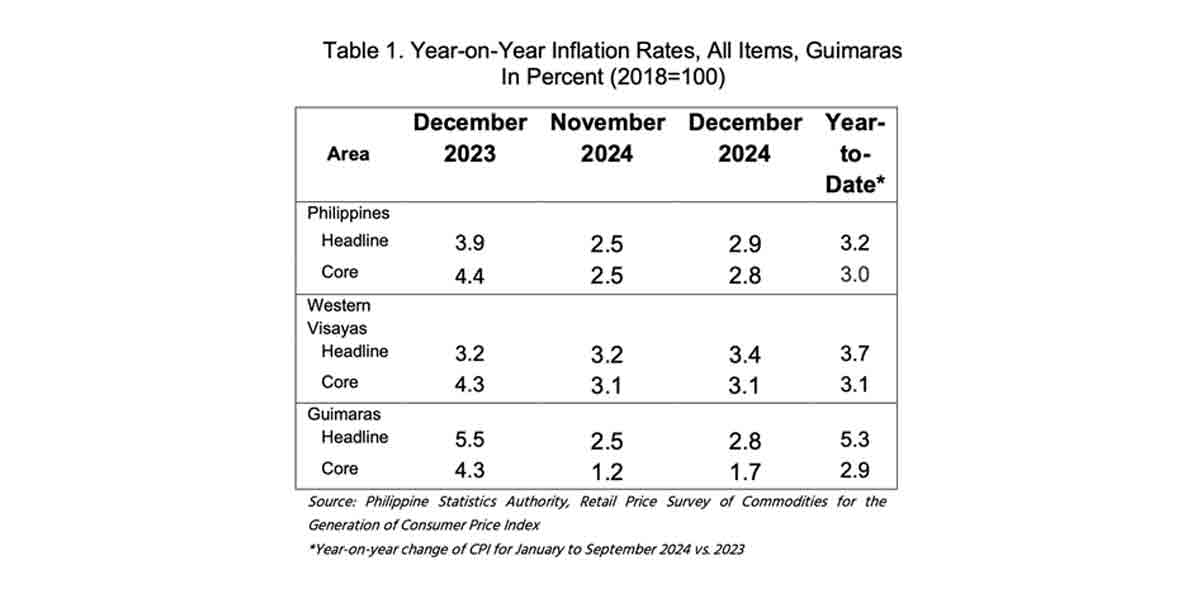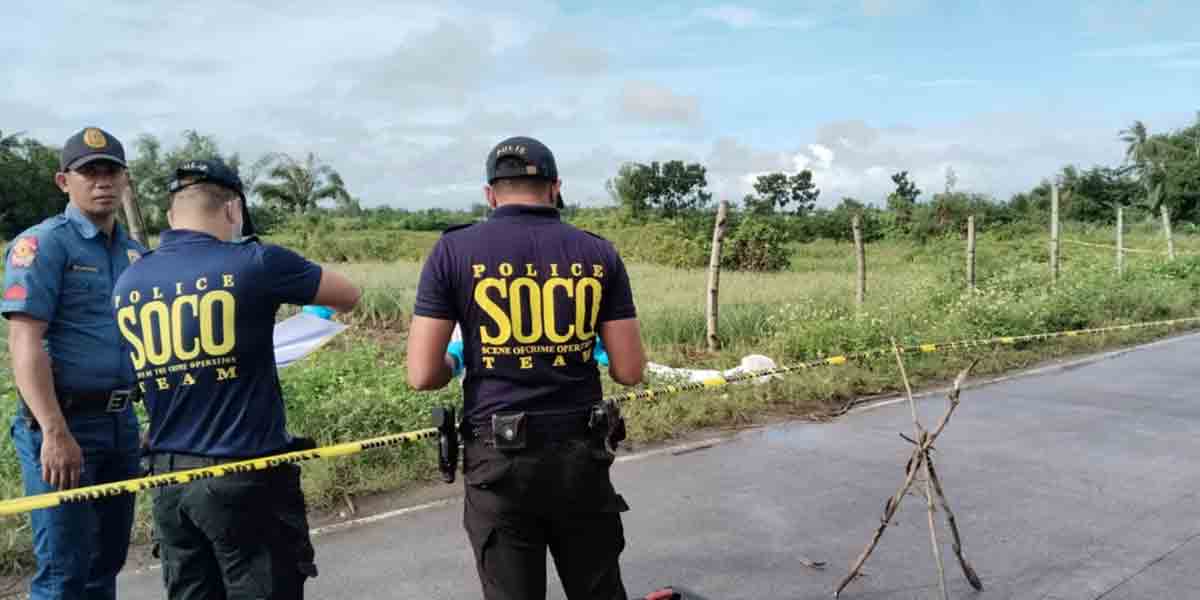The recent approval of the Transport Terminal Inspection Board (TTIB) by the Iloilo City Council is a welcome development, albeit one that is long overdue.
For years, commuters have endured subpar conditions in major terminals across the city, like the Mohon Terminal in the Arevalo district, where overcrowding, water shortages, and inadequate facilities have become daily struggles.
The creation of the TTIB, an advocacy of Councilor Sedfrey Cabaluna, should have been institutionalized much earlier under local laws, rather than waiting for the impetus of the national government’s Public Utility Vehicle (PUV) modernization program.
The establishment of this board aligns with national guidelines, such as the DILG-DOTC Joint Memorandum Circular No. 01, s. 2008, which highlights the need for local governments to regulate and inspect transport terminals.
However, the necessity of such a board was evident long before the national directive was issued. The city’s perimeter boundary ordinance mandated such mechanism to ensure the comfort and safety of passengers, but compliance was more of public relations than reality.
The TTIB’s mandate to inspect terminals and recommend the continuation or revocation of franchises is crucial for ensuring that operators maintain the facilities in a condition that guarantees public comfort and safety.
This board’s role will be vital in addressing the myriad of issues that have plagued these transport hubs, from insufficient seating and poor sanitation to a lack of shaded areas and general neglect.
To enhance the effectiveness of the TTIB, it is imperative that the inspection team be given not just the authority but also the resources to enforce the law. This means regular, unannounced inspections, coupled with strict penalties for non-compliance.
The TTIB should also be empowered to require immediate corrective actions from terminal operators, ensuring that deficiencies are addressed swiftly and effectively.
Furthermore, public transparency should be a cornerstone of the TTIB’s operations. Regular reports detailing the findings of inspections, the actions taken, and the current status of terminal facilities should be made publicly available. This will not only hold terminal operators accountable but will also keep the commuting public informed and engaged.
The city council should also consider expanding the TTIB’s mandate to include regular consultations with commuter groups and transport operators to ensure that the board’s policies are responsive to the needs of those who rely on these terminals daily.
Moreover, public reporting channels should be strengthened to allow commuters to easily lodge complaints or provide feedback on terminal conditions. The TTIB’s work should not only be about enforcing rules but also about fostering a culture of continuous improvement among terminal operators.
The comfort and safety of our commuters should never be an afterthought. The TTIB’s creation is a positive development, but it must be supported by strong enforcement mechanisms and a commitment to regular, thorough inspections.
Only then can Iloilo City ensure that its transport terminals serve as a model of efficiency and reliability, rather than a source of frustration and discomfort for its residents.





















